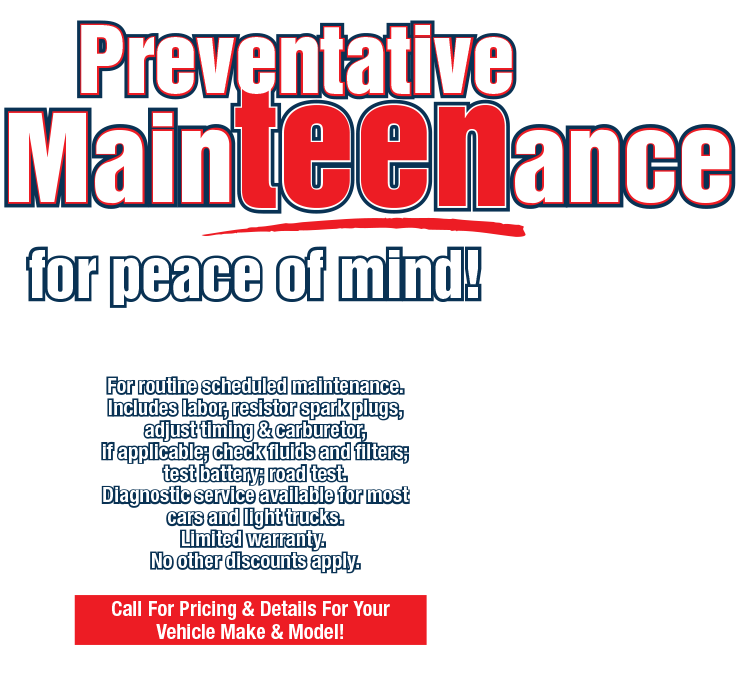It's Brake Time (Brake Calipers)
July 31, 2022
Race car drivers have demonstrated the advantages of disc brakes, so most modern vehicles use them. Sometimes just the front wheels have disc brakes, but many vehicles now have them all the way around.
A major component of the disc brake is called a caliper. It works by squeezing brake pads against the disc or rotor, kind of like a bicycle hand brake. The brake pads themselves are what contact the rotor, causing friction to build and the wheel to slow down, but it's the calipers that apply the pressure to the pads.
Caliper design has evolved over the years, and there are two common types. One is called a floating caliper. It has one or two pistons on one side of the disc. When you push down the brake pedal, the piston or pistons in your caliper put pressure on that one side. A mechanism connected on the other side of the disc applies pressure as well, squeezing your disc so the vehicle stops. Floating calipers are less expensive since they have fewer parts.
The other type is called a fixed caliper. They use pistons on both sides of the disc, sometimes several. They are often used in more high-performance or heavy-duty vehicles.
Calipers can have rubber seals to keep out dirt, debris and moisture, but when that rubber wears out, sometimes the calipers can get contaminated. They can stick or start leaking; they can even rust. Then your caliper can get stuck applying that "squeeze" when you are not pressing on the brake pedal. Or they can get stuck in the other position, not applying stopping power when you press the pedal.
When this happens, it's not unusual to feel your vehicle pull to one side when you brake. You might notice a burning smell from the constant friction if the caliper is stuck on, plus you may feel the heat from the wheel after you park and get out of your vehicle. Sometimes you'll hear a high-pitched sound or clunk if your calipers are binding up.
That's your cue to have them checked out at your vehicle service center. If your calipers aren't working correctly, it can be a safety hazard. Sticking calipers can affect your ability to steer and stop; this is the kind of "brake time" you need so you can get them back on track and working properly.
Mr. Lube
903 NW Second St
Bentonville, Arkansas 72712
479-271-2323
https://www.mrlubebentonville.msprotemp.com/
More articles from Mr. Lube & Wash

Getting from E to F (Fuel Gauge Problems)
March 30, 2025
Who thinks about their fuel gauge? You probably don't until it doesn't work any more. Then you have to guess how much fuel is in your tank, and that's no way to live life on the road. Fuel gauges, like every other part in your vehicle, can fail. And when yours stops working, you will probably... More

Command Performance (Engine Air Filter)
March 23, 2025
The internal combustion engine in your vehicle counts on two things that mix together to be burned in the engine for power: fuel and air. Both are important, of course. If you run out of fuel, your engine wont run at all. Since theres plenty of air around, you wont run out of air, but you coul... More

Your Vehicle's Other Power Plant (Alternator Replacement)
March 16, 2025
Your vehicle's engine is probably the first thing that comes to mind when you think of a power plant. But it has another power source that is vital as well: the alternator. The alternator is what puts out the electricity that powers such things as your lights, power windows, sound system, and na... More







